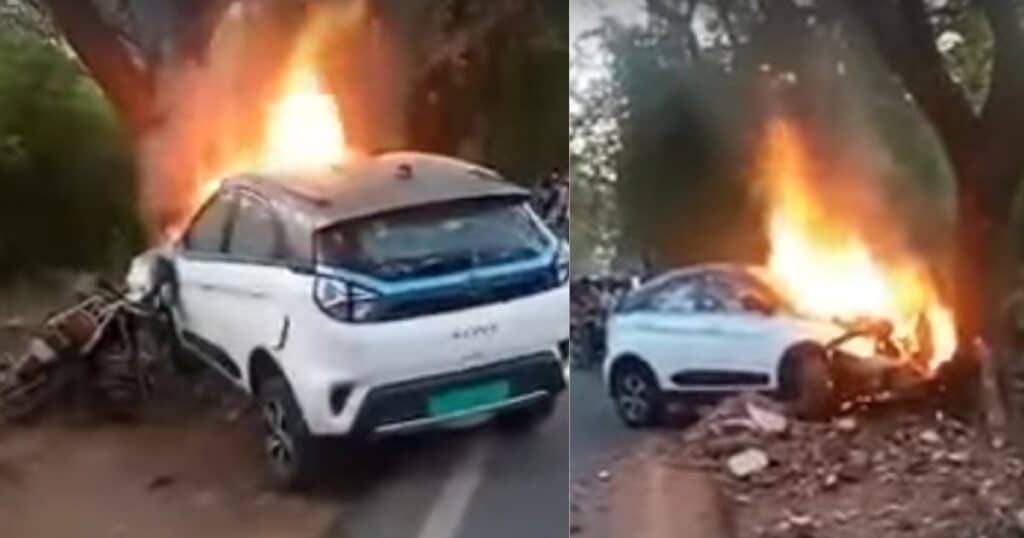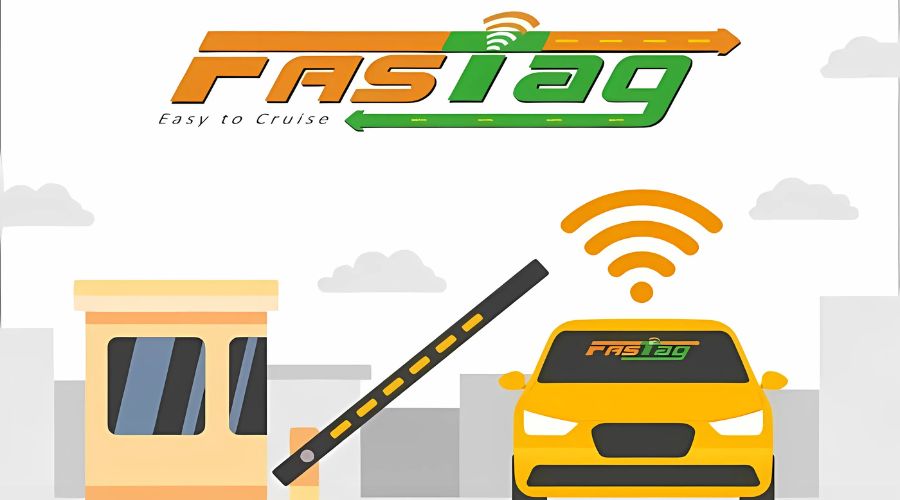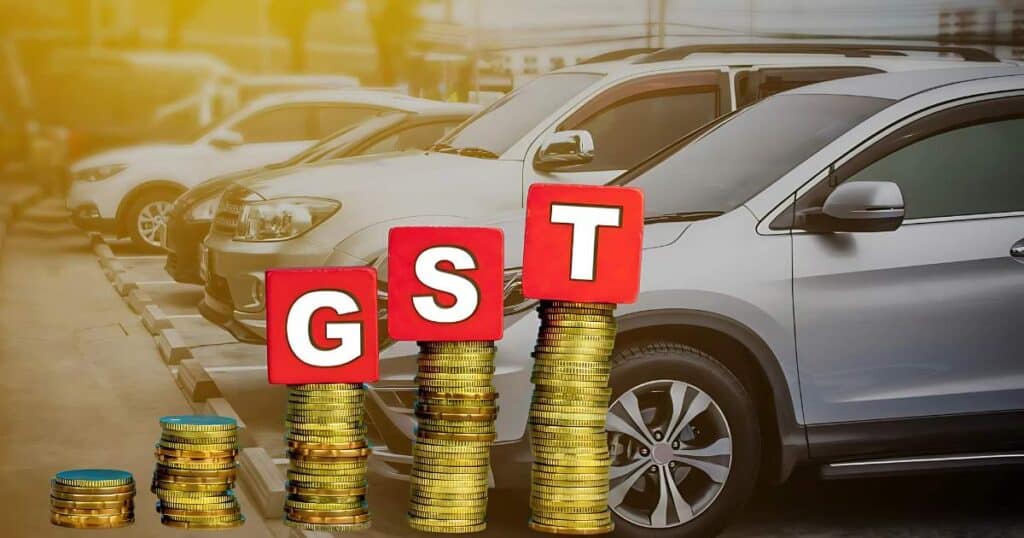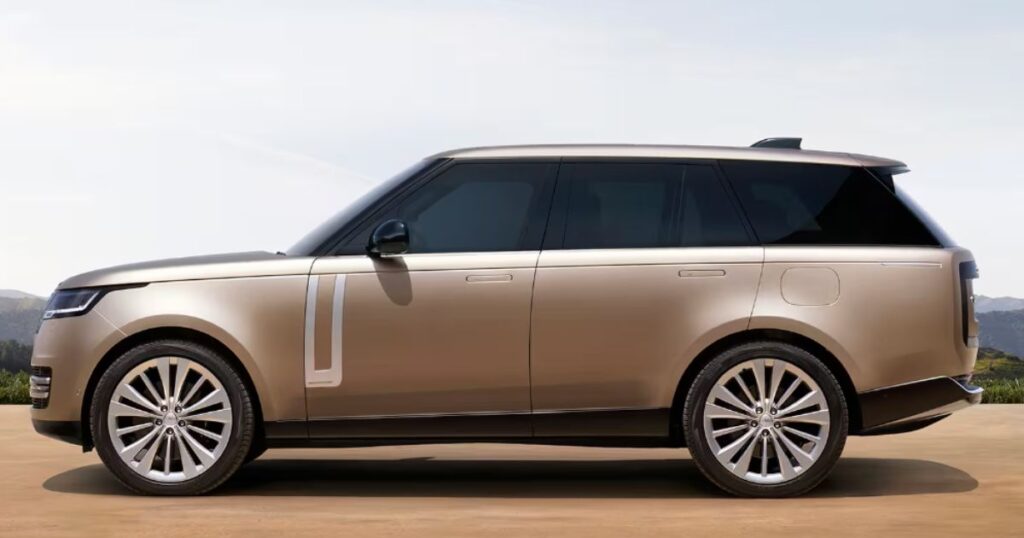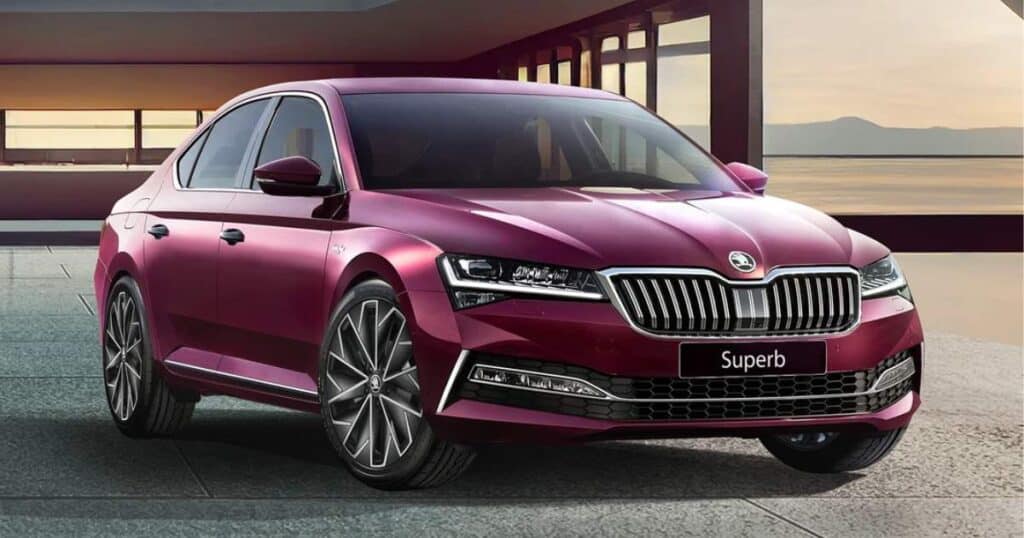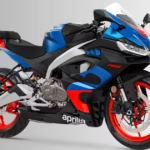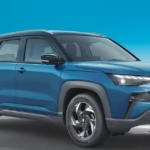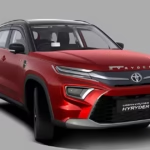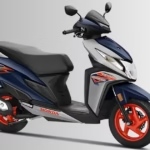Delhi Pollution: Restrictions on BS 3 Petrol and BS 4 Diesel Vehicle Restrictions Removed
In a significant move, the Commission for Air Quality Management (CAQM) has lifted the ban on BS 3 petrol and BS 4 diesel vehicles in Delhi, effective from January 6, 2025. This decision comes after a notable improvement in the air quality of the national capital.
The ban on these vehicles was initially imposed on January 3, 2025, under the Graded Response Action Plan (GRAP) Stage 3 measures. This was a response to the rising pollution levels in Delhi, which had pushed the Air Quality Index (AQI) to alarming levels.
Also Read: GST on Used Cars Explained: Everything You Need to Know
Reasons for the Ban
The primary reason for the ban was to curb the pollution caused by older vehicles that do not meet the latest emission standards. BS 3 petrol and BS 4 diesel vehicles are known to emit higher levels of pollutants compared to their newer counterparts. The restrictions aimed to reduce the number of such vehicles on the road, thereby lowering the overall pollution levels.
Improvement in Air Quality
The decision to lift the ban was taken after the AQI in Delhi showed signs of improvement. On January 5, 2025, the AQI reached 339 points, which, although still in the ‘very poor’ category, was a significant improvement from the previous days. This improvement was attributed to favorable weather conditions and the effectiveness of the GRAP measures.
Also Read: Mahindra Auto Achieves Over 18% Sales Growth in December 2024
Impact on Vehicle Owners
With the lifting of the ban, owners of BS 3 petrol and BS 4 diesel vehicles can now use their vehicles without restrictions. However, it is important to note that vehicles older than 15 years will still be under scrutiny by the Delhi Traffic Police. Owners of such vehicles must ensure they have a valid Pollution Under Control (PUC) certificate to avoid fines.
Future Measures
Union Minister Nitin Gadkari has announced plans to further reduce pollution in Delhi over the next five years. The government has committed to investing ₹12,500 crore to develop the city’s transport network and promote the use of electric and CNG vehicles. This initiative aims to address the root causes of pollution and ensure a cleaner and healthier environment for Delhi’s residents.
The lifting of the ban on BS 3 petrol and BS 4 diesel vehicles is a welcome relief for many vehicle owners in Delhi. However, it also serves as a reminder of the ongoing battle against pollution in the city. Continued efforts and stringent measures will be necessary to achieve long-term improvements in air quality.
Also Read: Volkswagen Polo Gears Up to Celebrate 50 Years in 2025




